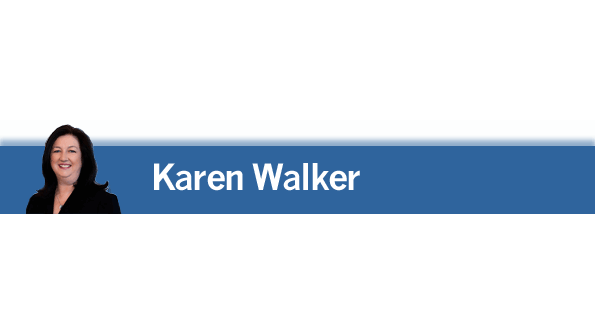Dutch government elbows in on Air France-KLM

The timing of the Dutch government’s surprise announcement that it has taken a stake in the Air France-KLM Group is interesting.
Air France, the bigger but far less profitable half of the group, is not yet fully clear of the turmoil of the last few years. Much of the financial damage was self-inflicted by an intransigent workforce and by previous management’s inability to negotiate with union leaders or communicate a restructuring plan.
But under new Canadian Group CEO Ben Smith, labor agreements have been secured and Air France eked a small operating profit of €266 million ($303 million) for 2018.
Just as Air France stabilizes, however, the Dutch government intervenes not once, but twice. First when Dutch Finance Minister Wopke Hoekstra expressed support for KLM CEO Pieter Elbers after it was rumored he was not seeing eye to eye with Smith and could be ousted. Smith not only renewed Elbers’ contract, but made him joint CEO with Anne Rigail, who Ben promoted to Air France CEO.
Then came the taking of a more than 12.5% Dutch government stake in the group, announced Feb 27, with intention of ultimately matching the French government’s 14.3% stake in the group. Until now, the Dutch government held a slightly less than 6% stake in KLM only.
The Netherlands is an aviation pioneer, working with the US to create the first Open Skies agreement and developing Schiphol into a global hub.
But having watched the self-harm the French wrought on the holding company—KLM’s 2018 operating profit was €1.07 billion, yet the group’s overall full-year operating profit declined by almost €600 million to €1.3 billion mostly because of Air France industrial action—any indication that the KLM boss might be forced out was probably the flashpoint. The Dutch want a greater say in how the company is run and they have now established the mechanism.
France’s indignation, meanwhile, is laughable. If the Dutch government’s new 12.68% stake is somehow “wrong”, then the French government’s 14.3% stake is even more wrong.
In truth, in 2019 neither of these airlines should have any government ownership or influence in their business decision-making. The French government should sell or reduce its stake; but the Dutch government’s larger stake makes that possibility even more unlikely. And Smith has the added complications of Dutch-French elbow pushing as he continues Air France’s restructuring.
EDITOR'S NOTE: This article was corrected. The original article said the Dutch government doubled its stake in the Air France-KLM Group. The Dutch government's stake in the group was a new investment; until February it only held a stake in KLM.
Karen Walker [email protected]